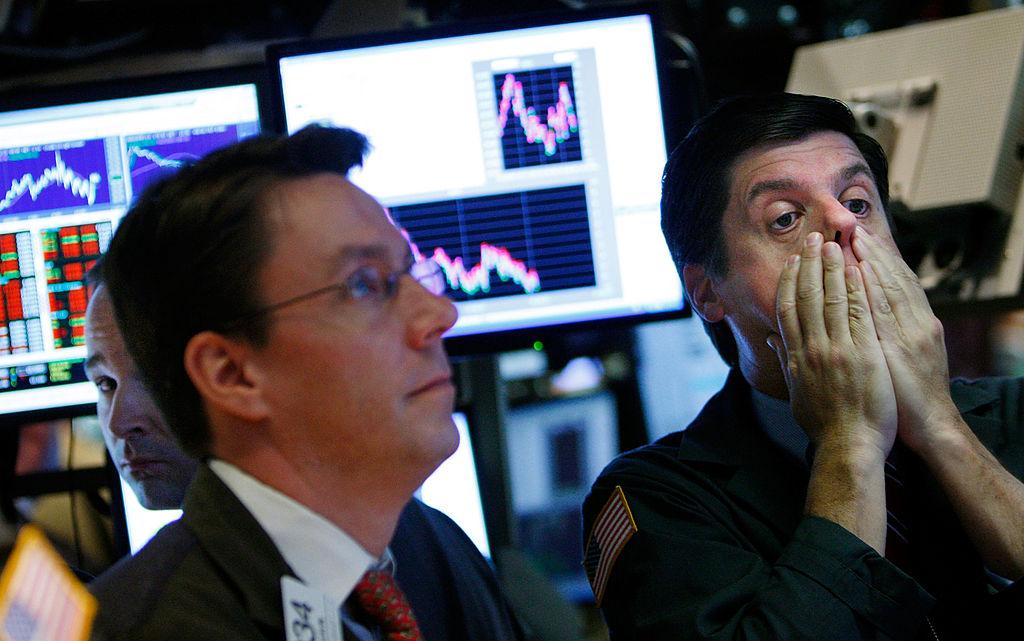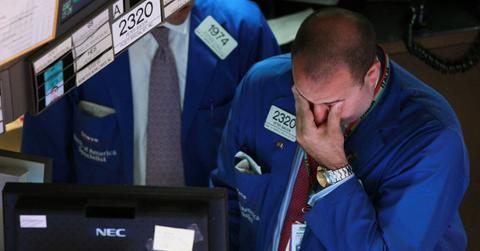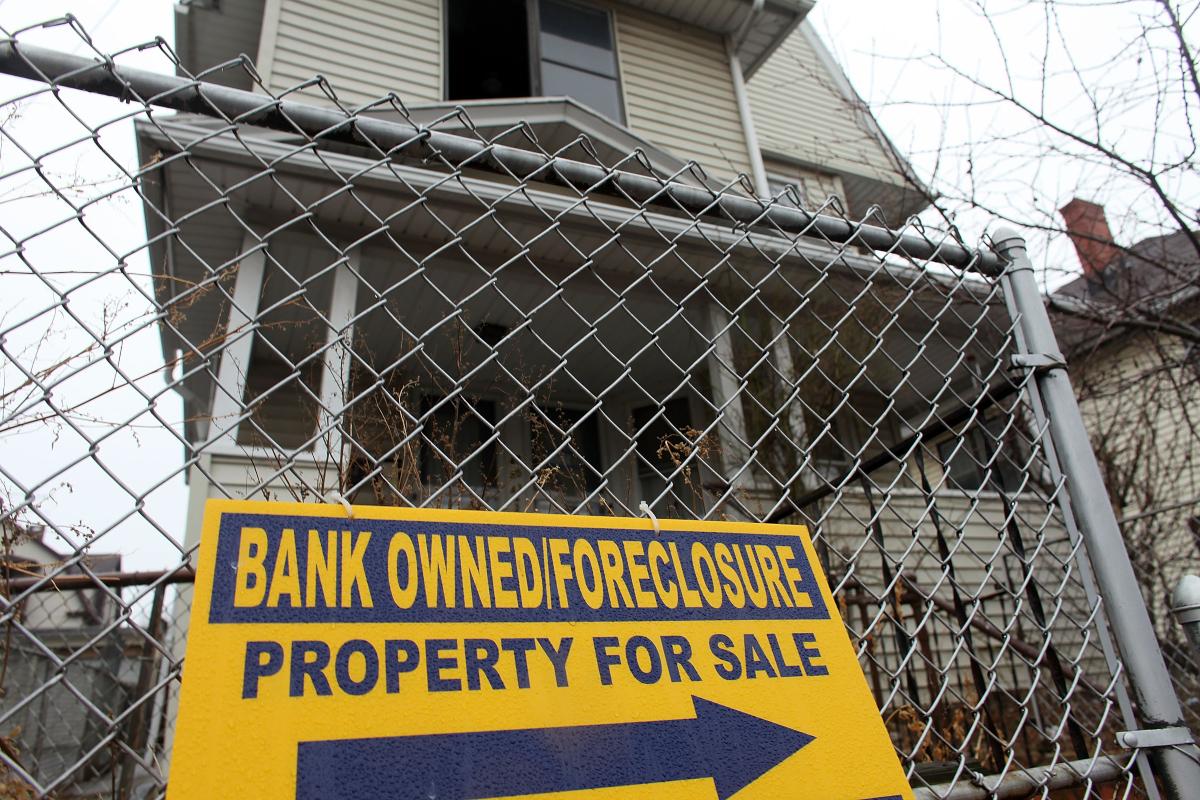When Was the Last Global Recession? What to Expect in 2022
There are fears of a global recession. When was the last global recession and are we headed towards one in 2022? Here's what we know.
Aug. 16 2022, Published 9:31 a.m. ET
Recession fears have been rising in many economies, especially in the developed world. The use of the term “recession” in U.S. Federal Reserve’s communications has increased while the U.K. Central Bank has also warned of a recession. The Chinese economy — now the world’s second-largest economy — is in trouble too, raising fears of a global recession. When was the last global recession and are we headed towards one in 2022?
First, the very definition of a recession is ambiguous. While many see a GDP contraction for two consecutive quarters as a recession, others see the definition as being too centric on one data point. The U.S. NBER (National Bureau of Economic Research) looks at various indicators, including GDP growth.
What’s the definition of a recession? It’s complicated.
A recent White House blog post, which conspicuously came just days ahead of the country’s second-quarter GDP report, created controversy over what some saw as a design to change the recession definition. However, the fact remains that the NBER, which calls out a recession in the U.S., has always had a similar methodology to declare a recession.

Economists are seen reacting to recession information in real time.
World Bank has a different definition of a global recession.
Even the World Bank doesn't agree with the widely accepted recession definition. It calls out several problems with the approach, including the fact that reliable quarterly GDP data are rarely available and also the global GDP seldom contracts. World Bank calls out a recession when the GDP of several countries contracts simultaneously.
The last global recession was in 2009.
According to the World Bank, the last global recession was in 2009. It states that there have been four global recessions after 1950. Before 2009, the global economy was in a recession in 1975, 1982, and 1991. The World Bank adds, “The 2009 global recession was by far the deepest and most synchronized episode among the four.”
What caused the 2009 global recession?
The 2009 global recession emanated out of the U.S. housing market. As the U.S. housing bubble burst, it had a domino effect on the U.S. economy. Back then, the U.S. economy accounted for a much larger chunk of the global GDP. The crash in the U.S. economy quickly manifested across the world.
There was widespread unemployment across the world while asset prices ranging from stocks, real estate, and commodities crashed. The slowdown was visible in most of the economies globally.
Will there be a global recession in 2022?
The U.S. economy contracted in the first half of 2022. However, it doesn't look like a typical recession yet with the country’s unemployment rate at a multi-decade low of 3.5 percent. There have been job losses in some companies but the overall job market looks healthy and added over half a million jobs in July.
The Chinese economy expanded by 2.5 percent in the first half of 2022. While the growth rate is less than half of the 5.5 percent annual growth that the country is targeting for 2022, it isn't in contraction territory. Also, while economic indicators continue to worsen in the world’s second-largest economy, it isn't heading for a recession, and at least not a crash that many foresee.
India, which is among the world’s top 10 economies, is expected to expand by over 7 percent in 2022. The Japanese economy also expanded at an annual pace of 2.2 percent, which is good.
Europe is staring at economic stagnation and things could get worse if Russia squeezes the continent’s gas supplies this winter. However, the base case scenario for the global economy doesn't look like a recession, at least not in 2022.


